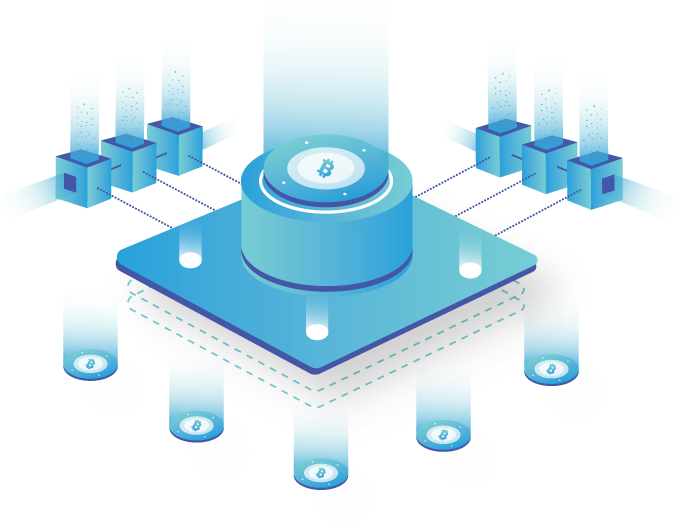Why Run Your Own Node?
Running your own node gives you full control and independence, as you interact directly with the blockchain. It can serve as an additional source of income and also provides the satisfying feeling of contributing to the decentralization of the network.
What Types of Nodes Are There in Cryptocurrency Networks?
There are several types of cryptocurrency nodes, distinguished by the functions they perform: Full Nodes, Light Nodes (or SPV Clients), Miner Nodes, Validator Nodes, Archive Nodes, and Master Nodes.
What Are Full Nodes?
Full nodes store the entire history of the blockchain and verify transactions and blocks according to the network’s consensus rules. They provide maximum reliability and security, and can also participate in voting on proposed changes to the network. Typically, full nodes require substantial computing power, disk storage capacity, and a stable internet connection.
What Are Light Nodes or SPV Clients?
Light nodes, also known as SPV (Simplified Payment Verification) clients, operate only in connection with full nodes. They do not store the entire blockchain, but only a portion of it—specifically, block headers—sufficient to verify and confirm transactions. This enables high performance, reduced disk space usage, lower bandwidth consumption, and minimal system requirements for the devices on which these nodes are run.
What Are Miner Nodes?
A miner node is a full node in a blockchain network that additionally performs the process of mining new blocks in Proof-of-Work (PoW) systems. For successfully finding a valid hash and adding a new block to the chain, the miner receives a reward—known as the block reward—along with transaction fees. Miner nodes also play a critical role in maintaining consensus and security: the more independent miners there are in the network, the harder it becomes to manipulate it, since compromising the blockchain would require control over at least 51% of the nodes.
What Are Validator Nodes?
The primary function of validator nodes is to verify transactions and ensure their validity. A validator checks whether the sender has a sufficient balance, verifies digital signatures, and ensures that double-spending does not occur. If any of these rules are violated, the node can reject the transaction.
Validator nodes also play a key role in maintaining the consensus mechanism. Depending on the type of consensus (Proof of Work, Proof of Stake, Delegated Proof of Stake, Proof of Authority, etc.), a validator node may either create a block from verified transactions or participate in selecting and validating a block proposed by another node.
What Are Archive Nodes?
This type of cryptocurrency node stores not only the entire history of the blockchain network—from the very first block—but sometimes also intermediate states (for example, in the Ethereum network). The large volume of stored data, which can reach several terabytes, requires significantly more disk space compared to other node types.
What Are Specialized Master Nodes?
Master nodes are special types of nodes that, in exchange for providing a collateral stake and offering additional services—such as instant transactions, privacy-enhancing coin mixing, voting, and more—bring enhanced functionality to the network and receive economic rewards. They improve the stability, security, and overall functionality of the blockchain, and often play a key role in project governance through decentralized voting mechanisms.







